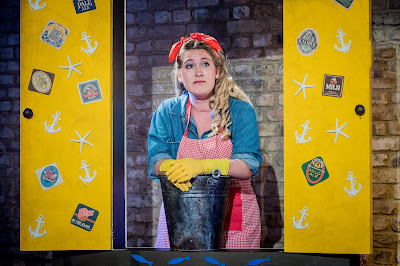 |
| Ethel Smyth: The Boatswain's Mate - Hilary Cronin Spectra Ensemble (Photo Robert Workman) |
An enterprising chamber version of Smyth's fourth opera, in her anniversary year
It is the 150th anniversary of Dame Ethel Smyth's birth this year, and whilst the BBC is doing her proud with a major performance of the Mass in D, it seems to be left to smaller companies to celebrate Smyth's operas. The enterprising Spectra Ensemble presented a chamber version of Smyth's fourth opera The Boatswain's Mate at the Grimeborn Festival at the Arcola Theatre on Monday 30 July 2018. Directed by Cecilia Stinton (who directed the Opera Holland Park Young Artists' performance of La traviata), the production featured Hilary Cronin as Mrs Waters, John Upperton as Harry Benn and Shaun Aquilina as Ned Travers. Sets and costumes were by Christianna Mason. Accompanied by piano trio, John Warner directed from the piano with Claudia Fuller (violin) and Hee Yeon Cho (Cello).
 |
| Lily Evangeline Scott, John Upperton, Michael TK Lam Spectra Ensemble (Photo Robert Workman) |
The Boatswain's Mate tells the story of Mrs Waters (Hilary Cronin), the landlady of a pub and a widow, who is being persistently wooed by one of her regulars, a former Naval man, Harry Benn (John Upperton). Benn engages a passing man, former Army man, Ned Travers (Shaun Aquilina) to play a trick on Mrs Waters. Travers is to pretend to burgle her and Benn will 'rescue' her. Of course, it goes wrong, and the opera ends with Waters and Travers coming to a tentative agreement.
One of the features of Smyth's work, which is too often overlook, is the way she writes roles for mature female characters. Thirza, the heroine of The Wreckers, is not a young woman and Mrs Waters is a mature lady.

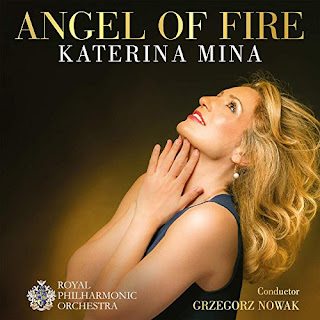














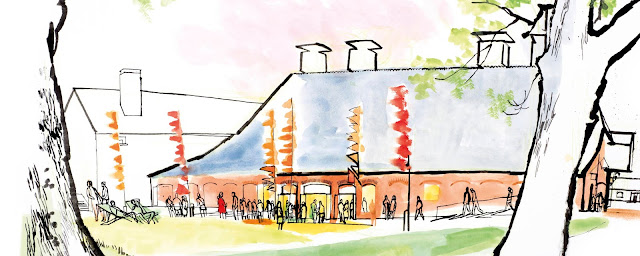

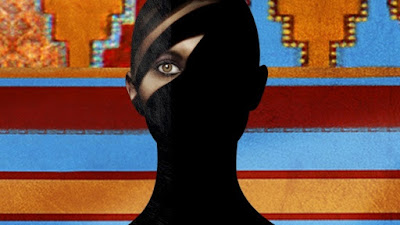









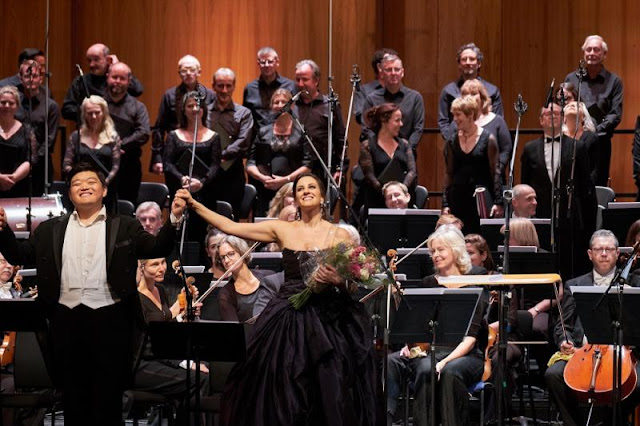


%20in%20The%20Merry%20Widow.%20Credit%20Mihaela%20Bodlovic.%20(2).jpg)

%20in%20Trial%20by%20Jury.%20Credit%20Mihaela%20Bodlovic..jpg)
.jpg)


%20Britten%20Pears%20Arts%20(1).jpg)

